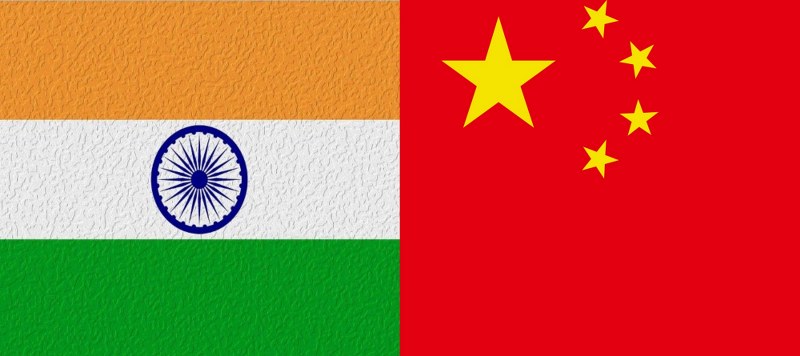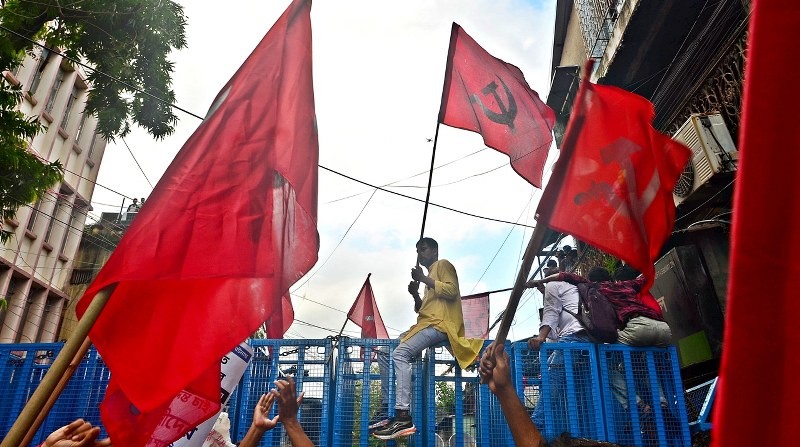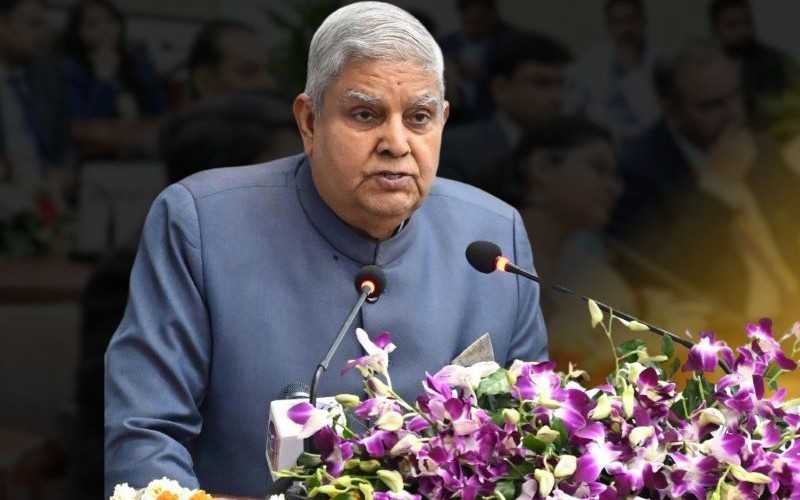Govt tweaks visa rules for Chinese nationals involved in PLI sector

New Delhi: The Centre has come up with fresh rules to clear visas for Chinese nationals working in the PLI sectors, Moneycontrol reported citing a government source.
According to the source, the Ministry of Home Affairs and the Ministry of External Affairs have formed new rules, specifically for Chinese nationals, in order to “help streamline visa approvals”.
India-China bilateral relations have continued to remain strained after face-off in Ladakh in June 2020.
The Chinese President Xi Jinping also missed India's recent G20 leadership meeting, reflecting reluctance to ease the tension.
At a review of India's production linked incentive (PLI) scheme, company executives urged the government to expedite visa processing for Chinese professionals, citing delays in obtaining necessary expertise for investment projects and vendor collaborations, the Moneycontrol report said
The PLI scheme, introduced in 2020, currently covers 14 sectors, including steel, textiles, electronics, IT hardware, medical devices, pharmaceutical products, telecom, and drones.
While eight of these sectors have demonstrated significant progress, the review will focus on the remaining six, particularly steel, textiles, advanced chemistry cell (ACC) batteries, automobiles & auto components, high-efficiency solar PV modules, and white goods, where utilization of the PLI scheme has been subpar.
Only a fraction of the total outlay of Rs 1.97 lakh crore has been disbursed, highlighting the need for enhanced implementation and acceleration of disbursements to fully realize the potential of the PLI scheme in driving India's manufacturing sector.
India's production-linked incentive (PLI) scheme has been implemented for eight sectors: Large-Scale Electronics Manufacturing (LSEM), IT Hardware, Bulk Drugs, Medical Devices, Pharmaceuticals, Telecom & Networking Products, Food Processing, and Drones & Drone Components. These sectors have demonstrated promising progress in attracting investments, enhancing domestic production, and boosting exports.





